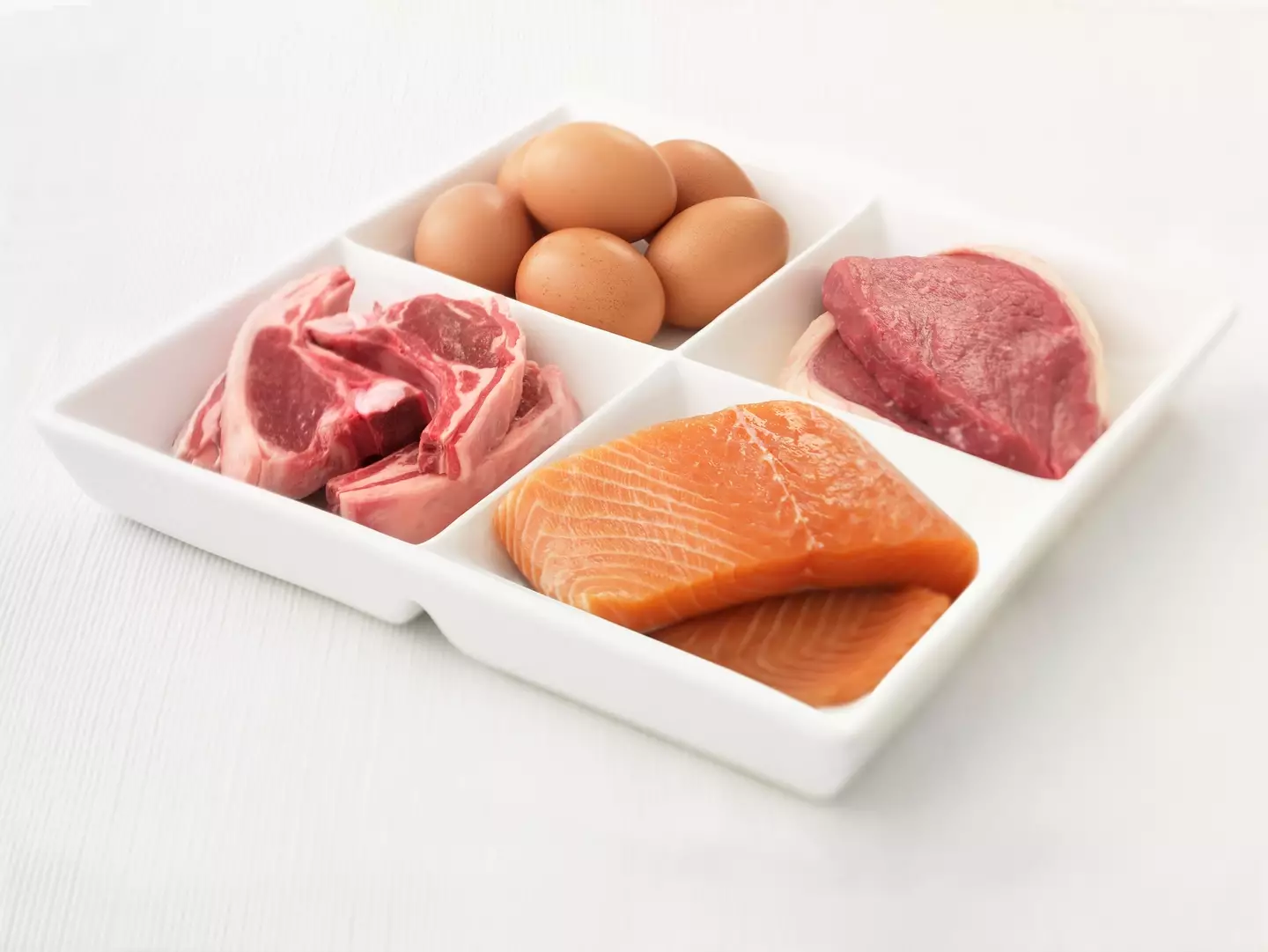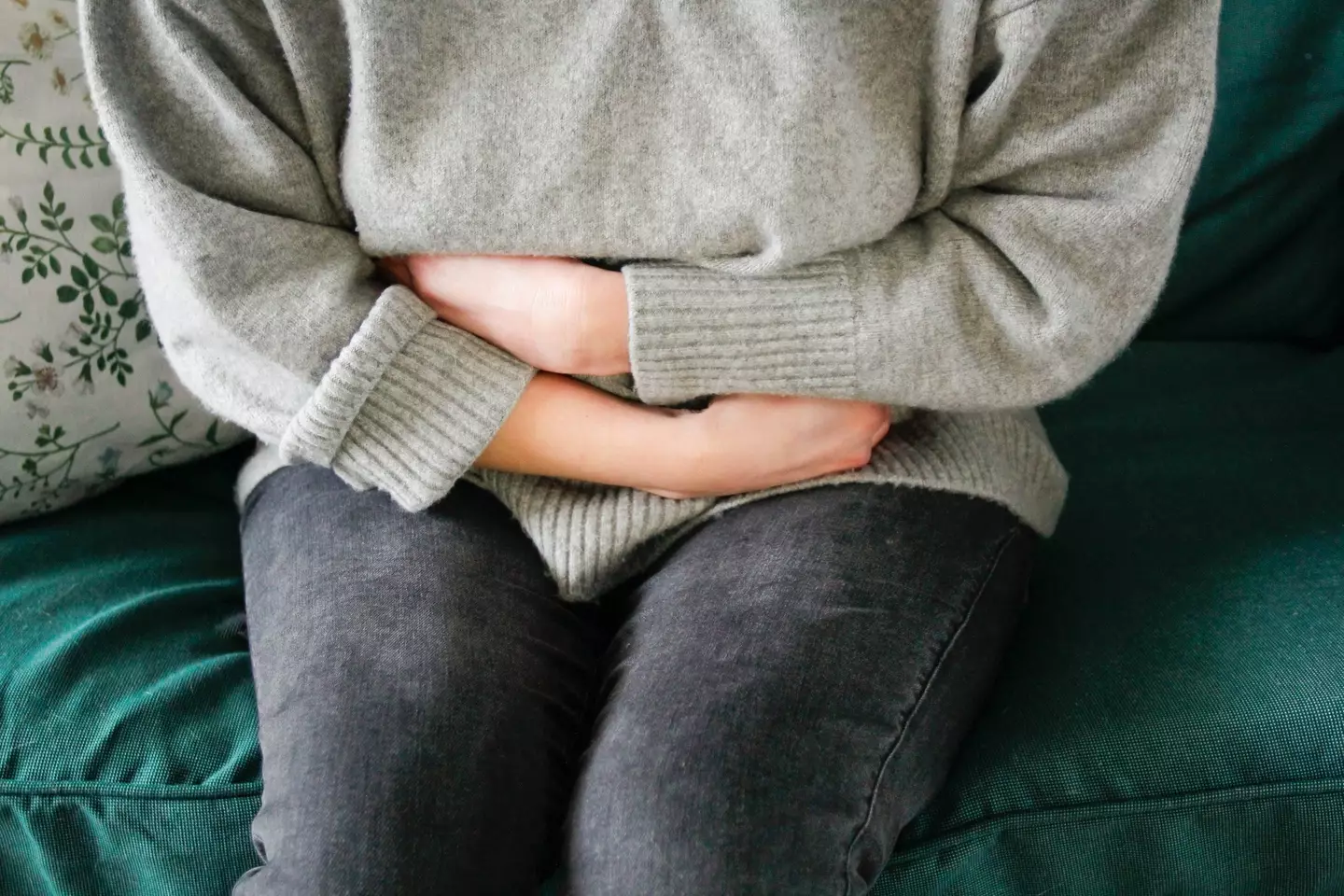.jpg%3Fcrop%3D2120%2C1192%2Cx0%2Cy111)
Protein intake is a hot topic, especially in the fitness community. If you want to build muscle, it’s recommended that you eat 1.2g per kilo of bodyweight per day, and that goes up to 2.2g per kilo if you want to hit the top end of the range.
If you’re into your fitness and are already following those guidelines, eating enough protein is likely more challenging than preventing over-consumption.
At a minimum, it’s recommended that we eat 0.75g of protein per kilo of bodyweight each day.

Advert
This amount will give your body what it needs for regular function without considering more intensive tissue repair and growth, but getting more is generally recommended if you’re looking to get stronger, recover effectively from exercise, or pack on some muscle mass.
However, it’s possible to get too much, especially if your consumption exceeds what’s required for your weight or activity level.
Writing for Verywell Health, registered nurse Amy Isler detailed six signs that you might be consuming more protein than you need.
Let’s get into them.
1. Bad breath
Bad breath may point to your body having entered ketosis, meaning it’s burning fat instead of glucose as its main energy source. Ketosis is what people are aiming for with intermittent fasting: burning through your glucose stores so your body burns fat instead. High-protein diets can also trigger ketosis.
When fat cells are broken down, acetone is released and exhaled. This can make your breath smell a bit fruity, or even like nail varnish remover.
2. Dehydration
High protein consumption often leads to more frequent urination as your kidneys are metabolising more protein and working to flush the waste products from your system such as urea, from which urine gets its name.
Frequent weeing without properly water replenishment can lead to dehydration, so be sure to drink a lot of water if you’re prioritising your protein intake. The same goes for high fibre diets, as your guts need the lubrication to keep the fibre moving through your system.
3. Weight gain
If you’re eating more protein than you need, and likely consuming more calories in kind, your body may have a surplus of energy that it then converts into fat. Excess protein can be converted into glucose for fat storage, so be sure to put your body to work if you’re eating lots of protein.
4. Gastrointestinal discomfort
High protein diets can make you gassy and crampy, as well as potentially causing constipation, nausea, diarrhoea and stomach aches. You can counter this by adding more fibre to your diet, and indeed by staying well-hydrated.
5. Heart stress
Your protein sources of choice can have a pronounced effect on your cardiovascular health. Fish and other seafoods, along with nuts, legumes and seeds have all been linked with healthier tickers. Red meat and processed protein sources, however, have been linked with a higher risk of cardiovascular illnesses.

6. Kidney and liver issues
For those with kidney and liver issues, breaking down excess protein can put these ailing organs under increased strain. For those with kidney issues, high protein intake can contribute to renal failure.
Another waste product is ammonia, and an ill-functioning liver and kidneys can lead to ammonia levels reaching toxic concentrations within the body.
Generally speaking, you can curb the effects of high protein intake by drinking more water, getting lots of fibre, and making sure you give your body good excuses to use it through moderate to intense exercise. Oh, and try to focus on healthy protein sources like fish, nuts, and legumes where possible.
